Category: regulations
The Rise of Hemp: The Federally Legal Industry is Booming
The hemp-derived CBD industry is expected to reach $16 billion nationwide by 2025. The ground-breaking Agriculture Improvement Act of 2018 or Farm Bill removed low-THC cannabis and its derivatives from the Controlled Substances Act, opening the door for FDA-regulated products like CBD pharmaceuticals, food items, additives, and dietary supplements. Already, major retailers like CVS and Kroger are selling CBD products. Granted CBD products, including CBD-infused water, CBD-infused cosmetics and CBD-infused pet treats in the marketplace pre-dated the Farm Bill, those products can now be shipped across state lines and sold legally at the federal level. Here’s what you need to know about the rise of hemp in the U.S.
Hemp Vs. Marijuana
Hemp and marijuana look and smell nearly the same, but the similarities stop there. They derive from the same plant, cannabis sativa, but hemp contains less than .3% THC while marijuana has much higher levels. Hemp is now considered a federally legal agricultural product, and majijuana remains a DEA Schedule 1 drug, only legal in states with medical and adult use programs. In addition, hemp is regulated by the FDA and marijuana is not.
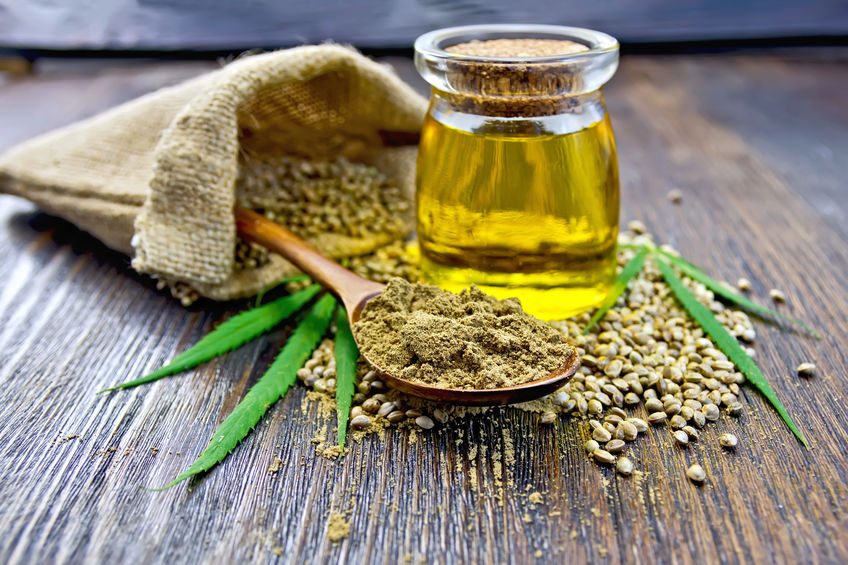
Hemp Facilities
Just like with marijuana, there are hemp cultivation facilities, processing centers, and retail businesses. The focus and capital investment has been on processing centers with businesses in Colorado City, Colorado and Janesville, Wisconsin leading the charge.
Colorado City has a population of under 3,000 but is home to Paragon Processing, the largest hemp-processing center in the United States. According to Westword, Paragon will produce a variety of hemp extractions through isolation and distillation techniques, projecting to produce one million pounds of hemp monthly. Industrial hemp production has the complete buy-in from Governor Jared Polis. “Governor Polis’s administration has pushed for looser regulations on hemp farmers and businesses in order for this state to maintain its top spot in the hemp industry,” adds Westword. “During a recent speech at a hemp and CBD industry conference, Polis said that hemp farming was part of his rural economic initiative, and that he’d like to raise Colorado’s current 62,000 acres allotted for hemp farming by 20 percent.”
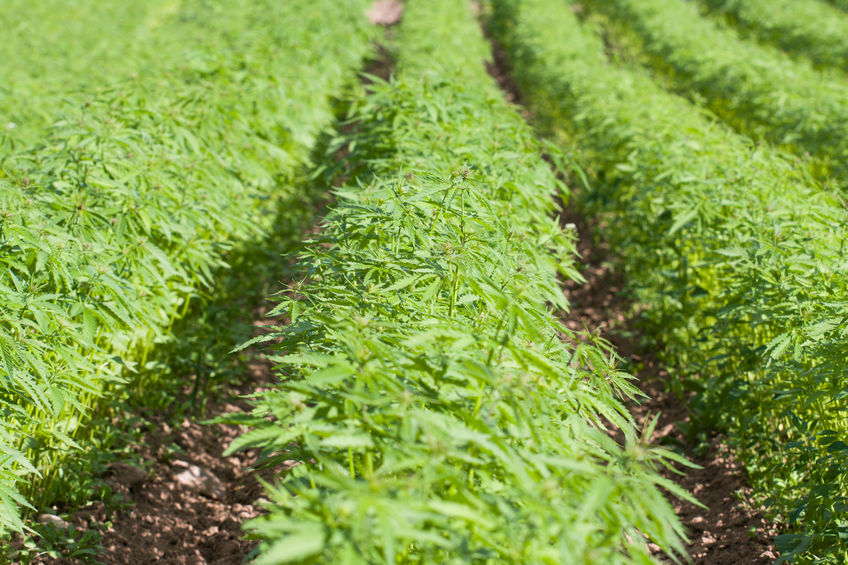
Wisconsin’s young market already has as big player in Simply Solutions, a maker of natural personal care products, getting into the hemp game. Simply Solutions will be the area’s first-to- market commercial-sale processing facility with another distinction: a method that extracts almost 100% CBD oil content.
Per GazetteXtra, “Simply Solutions claims their extraction process is a cleaner and more efficient way to extract more CBD from hemp…Methods other producers use extract only 60% to 70% of the CBD, they said.That’s important, considering that some strains of hemp grown for CBD can net $2,500 to $75,000 an acre, according to New Frontier Data, a cannabis industry analyst.”
Sourcing hemp from reputable farmers is crucial for CBD purity, as many companies are extracting CBD from hemp plants not bred for CBD.
Licensing and Regulations
The Farm Bill gives states the authority to submit plans for licensure and regulations. According to the National Conference of State Legislatures, “A state plan must include certain requirements, such as keeping track of land, testing methods, and disposal of plants or products that exceed the allowed THC concentration…State policymakers have taken action to address various policy issues — the definition of hemp, licensure of growers, regulation and certification of seeds, state-wide commissions and legal protection of growers.”
Keeping Marijuana and Hemp Separated “Marijuana entrepreneurs who want to enter the federally legal CBD industry should consider starting a CBD business separate from the marijuana entity,” according to Marijuana Business Magazine. Though the Farm Bill has federally legalized the hemp industry, marijuana remains a Schedule 1 drug, and the main concern for businesses is extracting CBD that stays below .3% THC content. However, the same owner can have separate hemp and marijuana businesses.
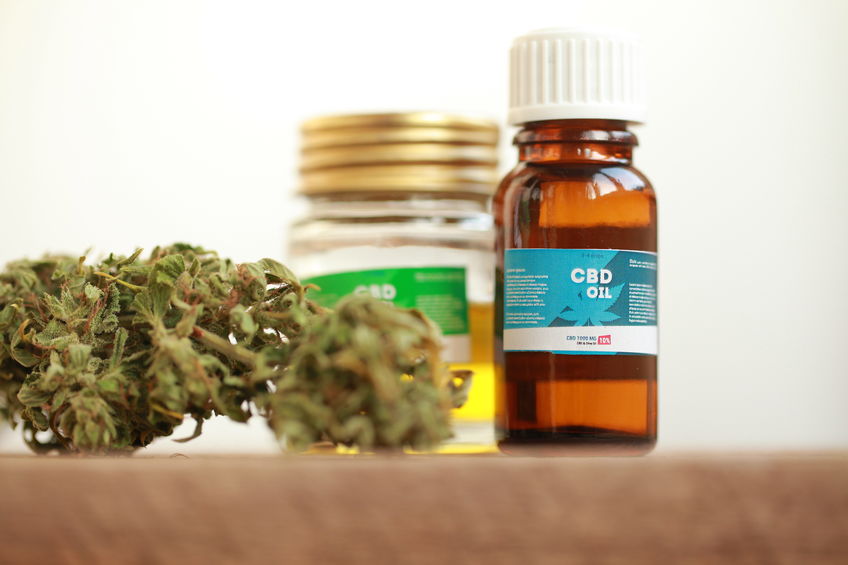
The same article reported that Fairwinds, located in Washington state, faced a dilemma, desiring to enter the hemp space. The company’s products include tinctures, capsules, and topicals derived from a cannabis strain with CBD-dominant ratios, but with THC content above the limit. “The solution wasn’t simply removing THC from the products, because that would make them less effective. Rather, in anticipation of hemp legalization, Fairwinds CEO James Hull and his team spent more than a year finding new cannabinoids that could replace THC in formulations that would be federally legal while still an effective treatment.”
In the spirit and best practice of keeping the businesses separate, Hull ultimately created a new entity called Fairwinds CBD.
Less Oil Means More Plants
Another significant difference between hemp and marijuana is hemp’s lower oil content, which means that business owners must process more of the crop for an adequate CBD oil yield. Marijuana Business Magazine interviewed Craig Henderson, CEO of Extract Labs, a Boulder, Colorado-based extraction firm and CBD products manufacturer, who says hemp processing facilities will need larger extraction machines. “He [Henderson] estimated that a large marijuana company processes 100-300 pounds of cannabis per week, whereas large hemp companies process 2,000-10,000 pounds of the plant each week.”
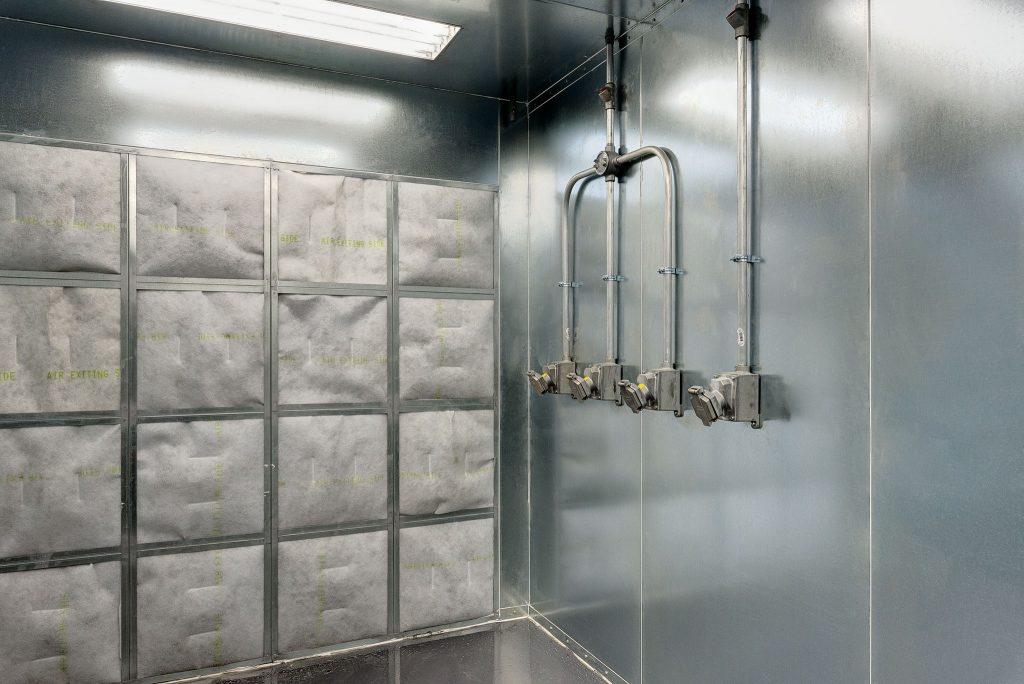
In addition to larger equipment, business owners will need more employees and more space to handle the volume of product and extraction needs of hemp. “I think it’ll take people a couple months to figure out what they want to do and how they’re going to create businesses, and hopefully, maybe by June, we’ll see a huge spike in interest,” adds Henderson.
Proceed with Caution
The FDA remains the be all and end all governing body when it comes to regulating hemp. Hemp-derived CBD companies must be judicious about their product descriptions, especially information on potential health benefits. Moreover, the FDA has not given CBD as a food additive the designation of Generally Regarded as Safe.
What’s New for America’s Most Popular Cannabis States?
2019 has been the year of the cannabis plant in the United States. New states have joined the recreational cannabis club, young medical programs are exploding, mature ones are diversifying, and the Northeast is inching along. Here is the latest on the nation’s most popular cannabis states.

Colorado’s Cannabis Program Adds Versatility
Changes are coming to Colorado’s medical and recreational cannabis programs. House Bill 1230 will allow legal social consumption at businesses like dispensaries, restaurants, hotels, and music venues. Home-delivery of medical cannabis can begin in 2020, followed by recreational in 2021 thanks to the passage of House Bill 1234. In response to the state’s opioid epidemic, Governor Jared Polis signed the MMJ for Opioids Bill, which allows doctors to recommend medical cannabis as an alternative to opioid medications. The medical program also added autism to its list of qualifying conditions. Finally, House Bill 1090 opens Colorado’s cannabis industry to out-of-state investors and capital, including publicly held companies and large venture funds. Per Westword, “The bill would also permit investors to own smaller stakes (less than 10 percent) in a cannabis business.”
Illinois Hits a Snag
According to the Illinois Regulation and Tax Act, the state’s 55 existing medical dispensaries would have first dibs at applying for a recreational sales license at the same site, plus a second license for one at a different location. However, recently, The Illinois Department of Financial & Professional Regulation, the agency in charge of issuing those initial recreational-use licenses, announced a different interpretation: “…if a medical dispensary wishes to relocate for any reason — whether it’s for more space or if a home municipality bans recreational sales — it forfeits its right to also sell recreational marijuana,” per the Chicago Tribune.
This has created chaos for companies like Green Thumb Industries (GTI), which was awarded a retail license by the state in its Naperville location before the city council opted out of the program. “Naperville’s 6-3 vote on Tuesday, September 3 (2019) marks one of the first major roadblocks for Illinois’ marijuana industry as it prepares for recreational sales next year,” the Chicago Tribune added. “Whether GTI, or any other company, can open a store for recreational marijuana, could be reconsidered by the council after a potential non-binding voter referendum.”
Other municipalities in Chicagoland to ban recreational stores include Bolingbrook and Wheaton.
Oklahoma Medical Cannabis is Soaring
Previously, we wrote about the launch of Oklahoma’s medical program, and nothing is halting its trajectory toward a projected value of $250 million per year by 2025.
As of August, 2019, there are 162,273 registered medical cardholders, a number that’s been growing by up to 10,000 per month for the last year. To put those numbers in perspective, that’s 4 percent of the state’s total population.
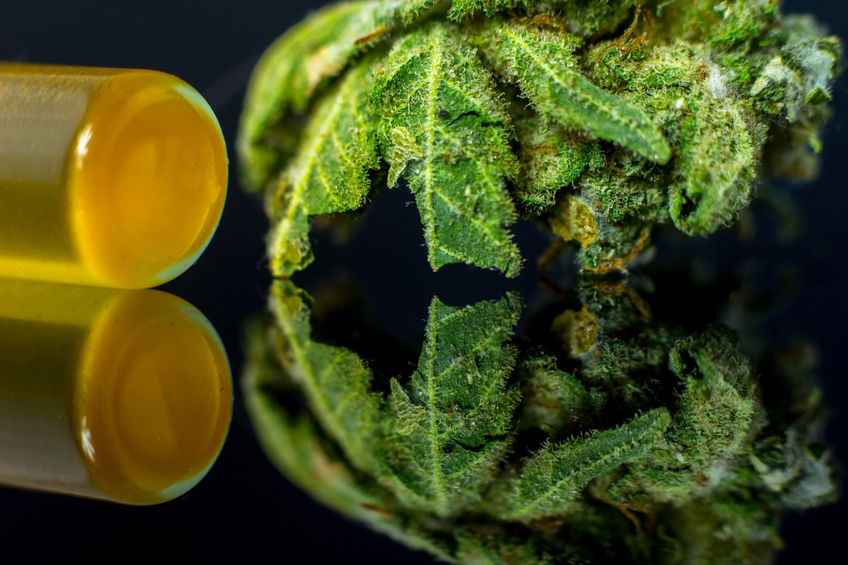
There’s a pretty easy explanation for this success: patients don’t have to meet qualifying conditions, and instead only need a referral from a physician. There are also no caps on dispensary licenses, which is why the current number is over 1,700. Additionally, the barrier to entry is low. According to the Arkansas Times, “The license to grow on a commercial scale or open a dispensary in Oklahoma is a flat $2,500 and a fare thee well, open to any Oklahoma resident who hasn’t had a felony in the past five years. Their law allows cardholders to possess up to a half pound of marijuana, and grow up to six plants at a time. Their law also made possession of up to 1.5 ounces by non-cardholders a misdemeanor punishable by a maximum $400 fine.”
Additionally, High Times Magazine put Oklahoma’s cannabis culture on the map when it held its renown Cannabis Cups in Oklahoma City in August.
Massachusetts Social Equity
As more recreational cannabis businesses come online in Massachusetts, the push for social equity is taking center stage. Real Action for Cannabis Equity (RACE) started in Boston in September, 2019 to address the dearth of minority-owned operators. Per Marijuana Business Daily, “Organizers say they’re frustrated that all but two of Massachusetts’ 184 marijuana business licenses were issued to white operators…black entrepreneurs in Massachusetts who say people of color are being shut out of the lucrative marijuana industry are joining forces to close the gap.”
New York Decriminalizes Cannabis
Though New York state failed to pass recreational cannabis during the 2019 legislative session, a last-minute compromise was reached on decriminalization. According to The New York Times,”Under the new law, possessing between one and two ounces of marijuana will no longer be considered a Class B misdemeanor. It will now be a violation, with fines up to $200. Those found with less than an ounce of marijuana will now face a $50 fine, compared with $150 previously.” In addition approximately 160,000 people will have cannabis convictions expunged from their records.

New Jersey Still has a Chance to Pass Recreational Cannabis
The Garden State saga to legalize recreational cannabis is back on. The state Legislature came up short on votes to pass a new law earlier in 2019, but the law-making body isn’t giving up, envisioning two scenarios:
- Holding another vote for the bill during the lame duck session at the end of 2019 or the first half of 2020
- Putting it on the ballot for the November, 2020 election
Governor Phil Murphy has voiced his preference of passing recreational cannabis through the Legislature versus relying on the ballot box. According to NJ.com, “Such a move would allow leaders to more easily mold and regulate the new marijuana industry. And waiting until next year’s elections means you likely won’t be able to consume weed legally in New Jersey until early 2021, at the earliest.”
Cannabis Extraction: What Exactly Does it Mean?
Cannabis extraction, sometimes referred to as processing, is one of the fastest growing sectors in the industry. In fact, over 50 percent of cannabis sales are concentrates and infused products created by extraction. To give you an idea, Illinois’ medical cannabis program in 2018 saw concentrates and infused products out-sell flower for the first time since its inception. Let’s take a closer look to better understand what extraction entails.
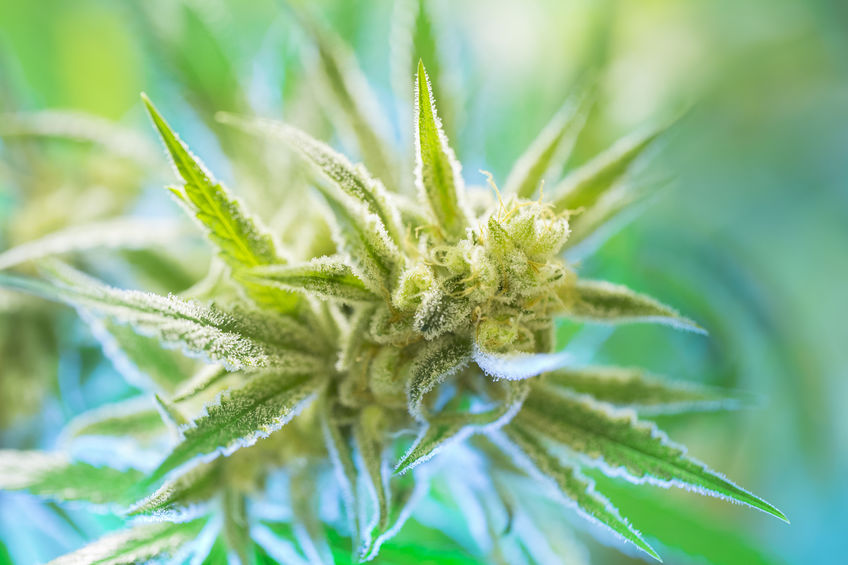
What is Cannabis Extraction?
Extraction refers to the conversion of target molecules in cannabis raw material into a usable form. The process removes the oil found in the trichomes from the cannabis plant and targets and collects the most potent compounds from the plants, including THC, CBD, and terpenes, among others.
Why is it Important?
For one, cannabis extraction creates versatility for products and methods of administration, providing many viable options for consumers. Cannabis extractions are also known as concentrates, and they are stronger than flower, presenting with higher cannabinoid and THC content. According to Maximum Yield, “Extraction is a common practice performed for a number of different reasons, ranging from increasing marijuana’s medical benefits to producing a more potent recreational product.”
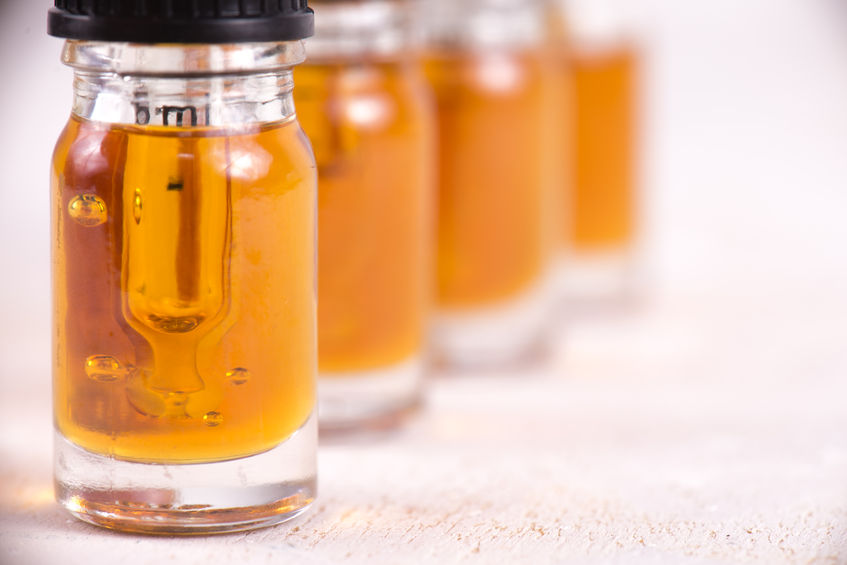
What are the Methods of Extraction and Where does it Take Place?
The three most popular methods of extraction are CO2, hydrocarbon, and ethanol. CO2 extraction occurs when carbon dioxide is pressurized in metal tanks until it converts into a supercritical fluid. As MJBiz Daily describes it, “The fluid pulls out the desirable compounds from the flower. The fluid is then separated, leaving only concentrates.” During hydrocarbon extraction, butane or propane dissolves raw cannabis matter and collects cannabinoids and terpenes. “The solvent with the essential oils is then heated up to evaporate off the butane or propane, leaving behind the extract.” Ethanol extraction is performed by soaking raw cannabis in ethanol to capture trichomes into the solvent. “The cannabis is then removed; the liquid is filtered and the alcohol purged from the extracted material.”
The extraction method often depends on the facility. According to Leafly, “Some shops are devoted to CO2-based extractions, others operate mostly on butane-centric machinery, and a few employ machines of both stripes and more. Some will have large-scale machines for extracting cannabinoids—as well as other important cannabis compounds like terpenes—from big batches of flower, and smaller setups that let them conduct experiments on the side.”
“Every step of the extraction process demands a balance of art and science, beginning with the selection of starting material and ending with the purging and storage process.”
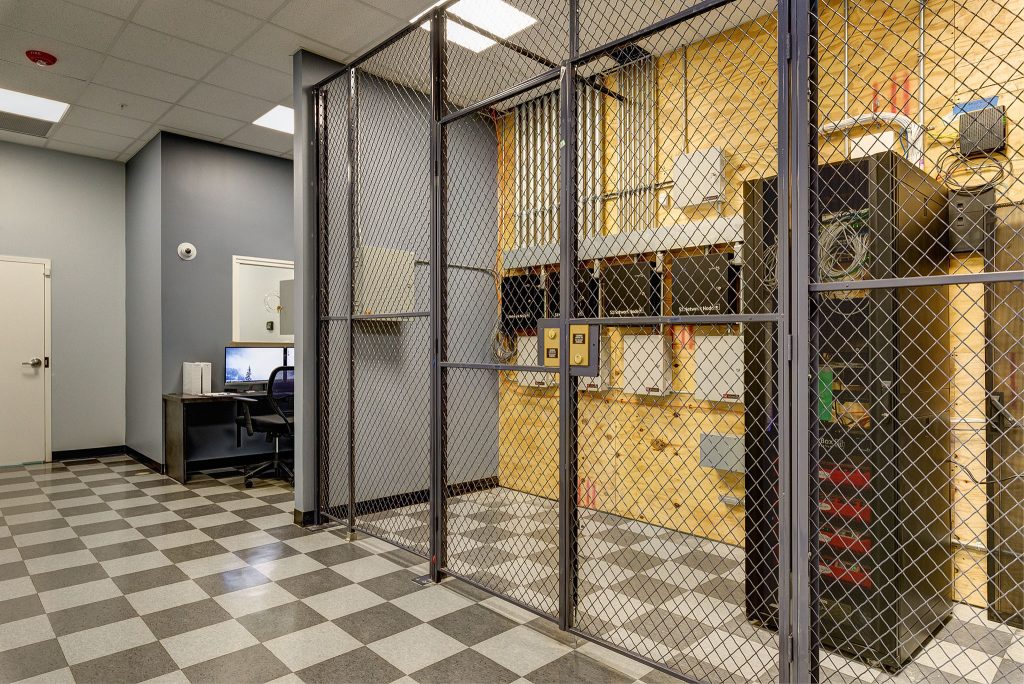
What Products are Created from Extraction?
Extractions gives cannabis users options when it comes to consumption. “Entrepreneurs have turned the full power of modern chemistry on cannabis,” according to Leafly. “Their goal has been to find ways to extract the cannabinoids giving the plant its character and effects, providing a way to enjoy the sensations associated with cannabis without having to smoke the actual flower.”
Products in highest demand include:
- Tinctures: Cannabis-infused liquid in bottles with droppers that are administered sublingually or under the tongue
- Capsules: Cannabis concentrates ingested orally in capsule form, ranging from single cannabinoid to full-spectrum or strain-specific oil
- Vaporizer Cartridges: Oil-filled cartridges that connect to a battery that are vaporized
- Hash: Vaporized, dabbed, or smoked, hash is a pressed concentration of the cannabis plant’s sticky glands
- Shatter, Wax, and Dabbable Oils: Ingested orally, these are oils refined by a solvent like butane or CO2
Conclusion
Just like with a cultivation and retail business, an extraction facility requires a license to operate. Extraction laws, licensing processes, and regulations vary by state and municipality. That’s the first step, and understanding the intricacies and nuances of extraction comes next. Per Leafly, “The knowledge and care that goes into extracting oils is as complicated as the art of growing the plants they are derived from. Every step of the extraction process demands a balance of art and science, beginning with the selection of starting material and ending with the purging and storage process.”
Cannabis Public Consumption: The Next Big Industry Development
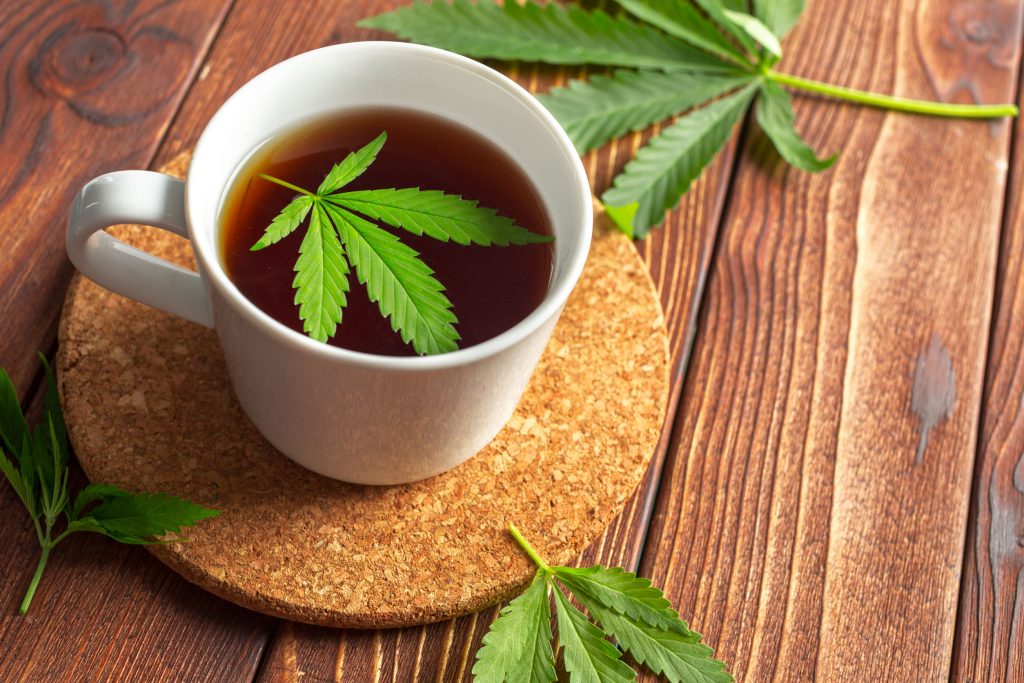
With cannabis going mainstream and now firmly established as the fastest growing industry in America, business owners and state officials are partnering to create more opportunities for public consumption. Unlike with liquor at bars, restaurants, clubs, etc., one cannot legally purchase cannabis and use it onsite. So what gives? Public or social consumption of cannabis has been viewed as anathema by local governments, especially since it clashes with clean air ordinances. The tide is turning, though, as in the last few months a handful of states have passed new laws allowing licenses for cannabis lounges and other social spaces where consumers can legally consume products.
Alaska
Alaska Lt. Gov. Kevin Meyer (R) signed new regulations into law in March of 2019, issuing permits to businesses authorizing onsite consumption. The so-called “special onsite use endorsement” stipulates that consumption areas need to be physically separated from retail spaces, either by a wall and a secure door or an outdoor patio. The onus is on business owners to provide security plans and adequate ventilation. As is the case with most public consumption programs, local governments in Alaska will have the authority to prohibit onsite use outright or to tighten restrictions, including limiting consumption to vaping only.
California
The birthplace of social cannabis lounges in the U.S., California, is expected to open many more in the next couple of years. San Francisco leads the way with the most cannabis lounges, but recent legislation coming out of Los Angeles County will make municipalities like Los Angeles and West Hollywood the next leaders. LA county has been fielding social cannabis business applications since January of 2018, and West Hollywood changed codes and zoning regulations to allow public consumption in certain cafes and smoking lounges, and recently Assembly Bill 1465 was introduced that will allow smoking, vaping, and eating edibles.

“Another big move: West Hollywood will allow chefs to infuse cannabis into pre-planned and on-demand menus for onsite customers at new restaurants,” according to Forbes. “As the cafes come online over the next 12 months, West Hollywood will have more than double the number of cafes and lounges of any other city.”
Colorado
Colorado is the latest state to pass public consumption. House Bill 1230, set to take effect at the start of 2020, establishes regulations for retail stores to set up social consumption lounges, as well as allowing for mobile and temporary licenses. This means that businesses like music venues, art galleries, yoga studios, restaurants, and hotels can obtain public consumption permits and licenses for limited cannabis sales. There’s also a pathway for awarding temporary licenses for special events.
Colorado’s Marijuana Enforcement Division will process licence applications and serve as the state’s regulatory board. Per High Times “Like any industry’s regulatory requirements, businesses will still have to clear a few hurdles before they can let customers light up. First, business owners and cannabis advocates will have to convince local governments to opt in to the new law. Otherwise, the state won’t award a public consumption license. House Bill 1230 also gives local governments the authority to tweak the rules for public consumption. Towns could, for example, only approve certain forms of consumption.”
Illinois
The Illinois Cannabis Regulation & Tax Act includes an exemption to the Smoke-Free Illinois Act, which prohibits outdoor smoking, allowing cities to determine if they want to permit on-site cannabis use at lounges, bars, restaurants, and other places of business. For now, the state is leaving it up localities to opt in or out to public consumption. The City of Chicago is weighing its options. “The regulations around on-site consumption have not yet been finalized,” said Lauren Huffman, a city spokeswoman in an interview with The Chicago Sun-Times in September, 2019. “We are taking the initial step of introducing zoning regulations so we can start to give businesses certainty around where dispensaries will be located. We have not yet made final decisions around where and how on site consumption will be regulated, but are having ongoing conversations with our partners in the industry, the community and the City Council around the best way to regulate the practice.”
Nevada
Nevada’s recreational cannabis programs began in 2016, and now public consumption licenses will be granted. The Las Vegas City Council in May 2019 voted to allow existing cannabis businesses to apply for permits to open consumption lounges. Clark County Commissioner and former state senator Tick Segerblom, who is also considered Nevada’s cannabis ambassador, told the USA Today Network, “We’re the new Amsterdam. That should be a concern to gaming companies. They’re concerned about (lounges) making money outside the hotels. They’re worried the longer this goes outside hotels, the more established they’ll get. As a business person, I would be concerned too.”
While Las Vegas cannabis businesses hope to cash in on weed tourism, the gaming community wants to wall off its hotels and casinos. The Nevada Gaming Control Board, which has taken a conservative stance on cannabis, brokered a compromise with the city to create a 1,000 foot buffer between gaming establishments and cannabis lounges.
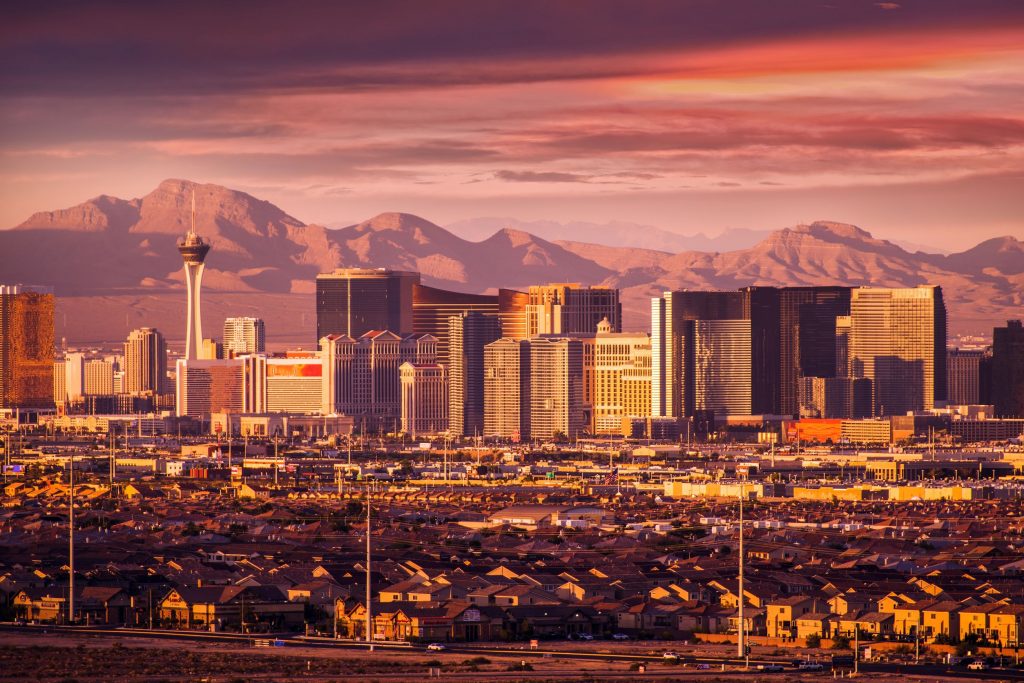
One business that’s not compromising or sparing any expense is Acres Cannabis, a 19,000 square-foot dispensary set to roll out a social consumption lounge that will include a concert hall and full-service kitchen launched with the Morton family of Morton’s The Steakhouse in Chicago.
According to msn.com, “After the city builds an application, 20 dispensaries – already open or forthcoming in Las Vegas this year – can apply for licenses to open lounges prohibited from selling alcohol. The ordinance excludes dispensaries on The Strip, which is controlled by Clark County, not the city of Las Vegas, as well as Henderson and North Las Vegas.”
What State Will be Next?
The new trend of public consumption is expected to expand, especially with new states like Illinois passing adult use programs. Oregon, currently a medical and recreational use state, appears next on the horizon. If passed, Senate Bill 639 would require the Oregon Liquor Control Commission to regulate social consumption businesses and event spaces, allow for the sale of cannabis in these clubs, tasting tours on farms and expanded legal cannabis delivery into private and temporary residences.
Illinois Recreational Cannabis: What You Need to Know
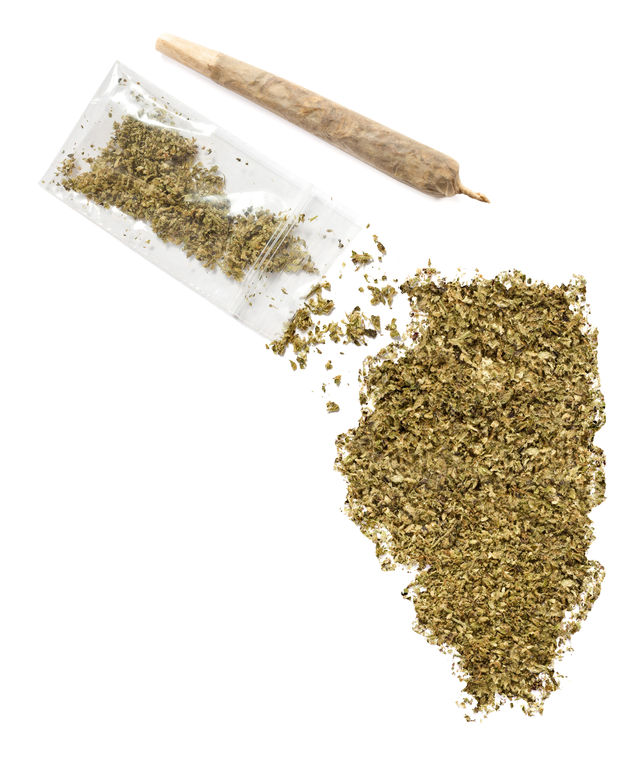
“In the interest of equity and criminal justice reform, I look forward to signing this monumental legislation,” said Illinois Governor, J.B. Pritzker, following the passage of House Bill 1438 on Friday, May 31, 2019. The 66-47 vote made Illinois the 11th state to legalize adult-use cannabis and the first to do so through the state legislature. Vermont’s program was approved through its legislature but does not permit commercial sales. Approval in other states occurred via referendum.
The bill, which passed 38-17 in the state Senate two days earlier, focuses on social equity and addressing Illinois’ financial deficit. Chicago Crain’s Business reports that, “Illinois expects sales to eventually reach $1.5 billion to $2 billion a year, producing $500 million in revenue for the cash-strapped state.”
Following the November, 2018 midterm elections, we commented on what Governor Pritzker’s election victory would portend for the future of cannabis in Illinois. Once he signs the bill, it will be the law of the land.
Here’s what you need to know about the new law:
Growing and Selling
Recreational sales will begin on January 1, 2020, with priority given to businesses with current medical licenses. They will be eligible to start cultivating, producing, and selling cannabis for retail use.

According to the Chicago Tribune, “Only the 20 existing licensed medical marijuana cultivation facilities will be licensed to grow it initially. Next year, craft growers may apply for licenses to cultivate up to 5,000 square feet, with preference given to applicants from minority areas disproportionately affected by the war on drugs, such as the South and West sides of Chicago. Medical marijuana dispensaries and new retail stores will be licensed to sell it.”
Buying
The bill allows for Illinois residents 21 and older to possess up to 30 grams or roughly one ounce of cannabis flower or bud. They are also allowed five grams of cannabis concentrate or 500 milligrams of THC in a cannabis-infused product. Adults visiting the state can possess up to 15 grams of cannabis. Growing plants at home will remain illegal except for certified medical patients.
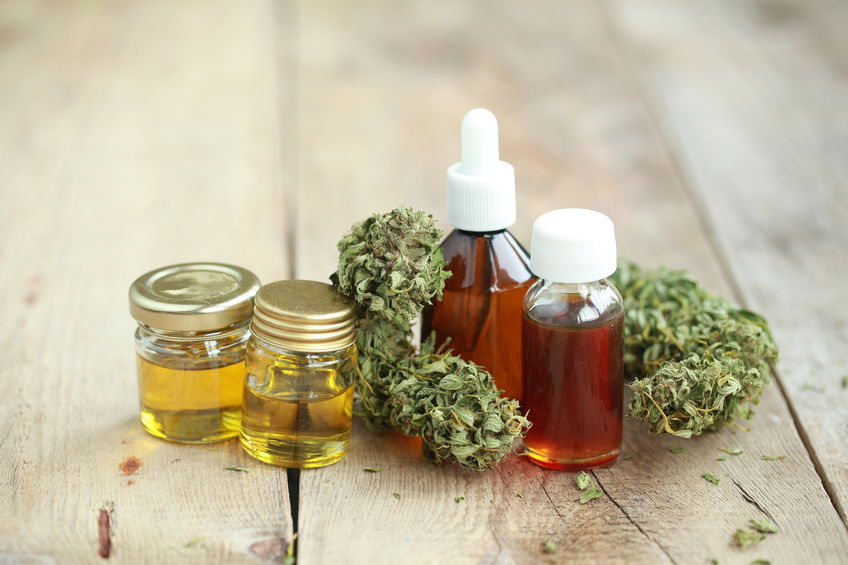
Impact on Convictions
Central to the bill was the expungement of cannabis convictions.
“While the usage of cannabis has been the same across all racial groups, the actual incarceration charges have been shown to be seven times more likely for people of color than Caucasians,” said Illinois State Senator. Heather Steans (D-Chicago), the Senate bill’s main sponsor. “This bill is going to set the model, I believe, the gold standard, for how to approach social equity issues related to cannabis legalization.”
Here’s what’s at stake for convicted felons, according to the Chicago Tribune: “The governor will pardon past convictions for possession of up to 30 grams, with the attorney general going to court to expunge or delete public records of a conviction or arrest. For possession of 30 to 500 grams, an individual or a state’s attorney may petition the court to vacate and expunge the conviction, but prosecutors may object, with a judge to make the decision.”
Taxation
Per ABC News and the Chicago Tribune, consumers will be taxed in the following way:
- A 10% tax will be levied on cannabis products containing less than 35% THC
- 20% for cannabis-infused products like edibles
- 25% for THC concentrations of more than 35%
Additional state and local taxes apply and can be as high as 9.75%, including:
- 3% municipality
- 3.75% county in unincorporated areas
- 3% in Cook County (Chicago)
Opting In or Out
Similar to other adult use programs, local governments may opt in or out. According the Chicago Tribune, “Municipalities and counties may ban cannabis businesses within their boundaries, but may not ban individual possession. Any person, business or landlord may prohibit use on private property. Colleges and universities may continue to prohibit marijuana use.”
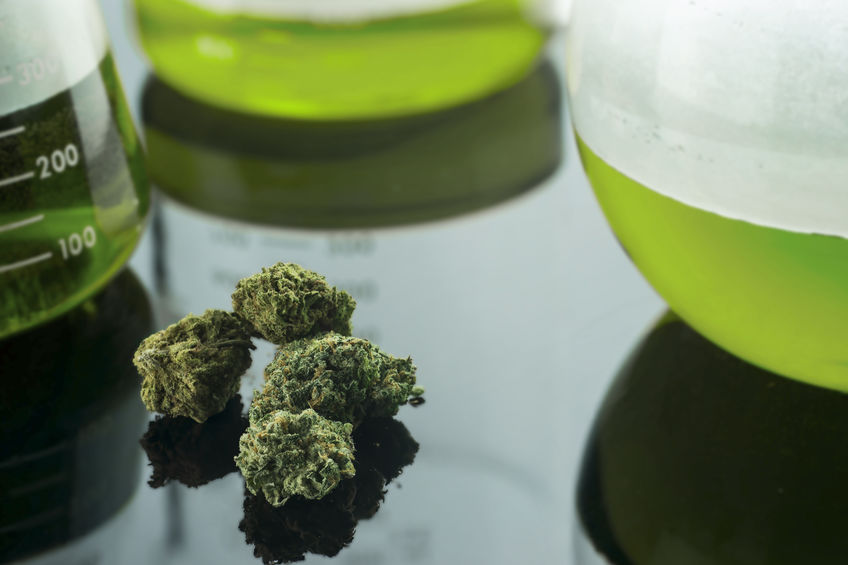
Where You Can and Cannot Consume
Usage at home is permitted as long as it’s out of view of the public. Places where use is strictly prohibited include: public areas, school grounds, in any motor vehicle, in a correctional facility, around someone under 21, while driving a boat or flying a plane, or by a school bus driver, police, fire or corrections officer while on duty.What Else?
Cannabis remains a Schedule 1 illegal drug by the federal government; however, federal law enforcement tends not to prosecute possession of small amounts or businesses complying with state programs.
Medical cannabis was also a winner at the eleventh hour of the legislative session. The House passed the bipartisan SB 2023, which will make the Compassionate Use of Medical Cannabis Pilot Program Act permanent while broadening its scope. Illinois State Representative Bob Morgan’s (D) reauthorization bill removes the program’s July, 2020 sunset and adds more patient qualifying conditions, including chronic pain and autism.
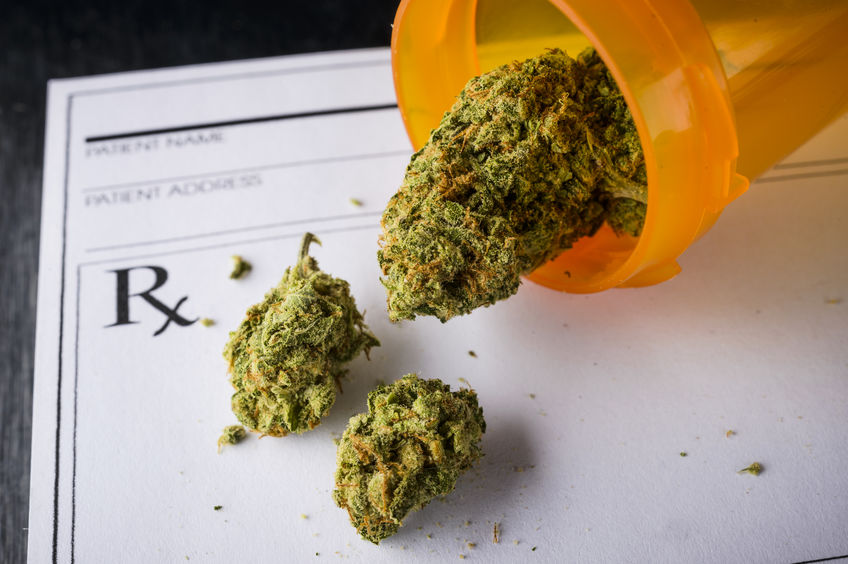
The bill also permits advanced practice nurses and physician assistants to recommend medical cannabis in addition to physicians and increases the number of caregivers that patients can use to access the program. Similar to the adult-use program, the reauthorization bill emphasizes equity standards and will award five dispensary licenses to ensure equal opportunity.
“It is critical for the state that the pilot program be reauthorized and revised,” said Morgan in a press release. “The initial program placed a significant regulatory burden on patients. With the passage of SB2023, the new program will streamline the process and help patients suffering from debilitating medical conditions.”
Fire Proofing Your Cannabis Facility
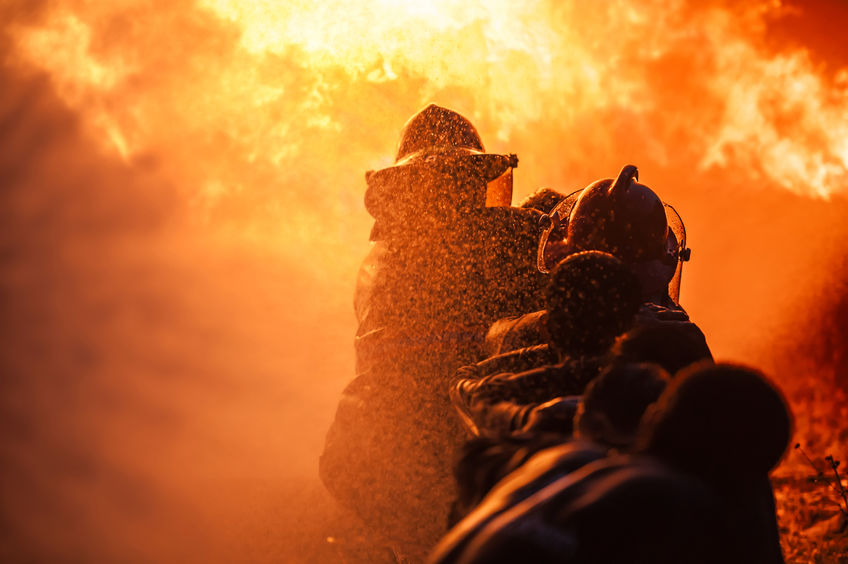
Earlier this year, Politico published a story on the outbreak of fires and explosions at Cannabis extraction facilities. It documented 10 incidents over the last five years where hash oil was being extracted. The reporting shed light on the risks involved in the process: “Extracting hash oil from cannabis is dangerous because typically it requires pouring highly-flammable butane or some other volatile solvent into a cannabis-filled pipe,” according to the story.
These accidents, sometimes deadly, serve as a cautionary tale for one of the fastest growing industries in the country. As Politico notes, “…labor unions complain that state governments are moving too swiftly to license producers, outpacing the states’ ability to inspect production facilities for potential safety violations.”
We’ve previously written about the significance of physical and cyber security for cannabis businesses, and here we discuss the importance of fire proofing your cannabis facility.
Get Educated
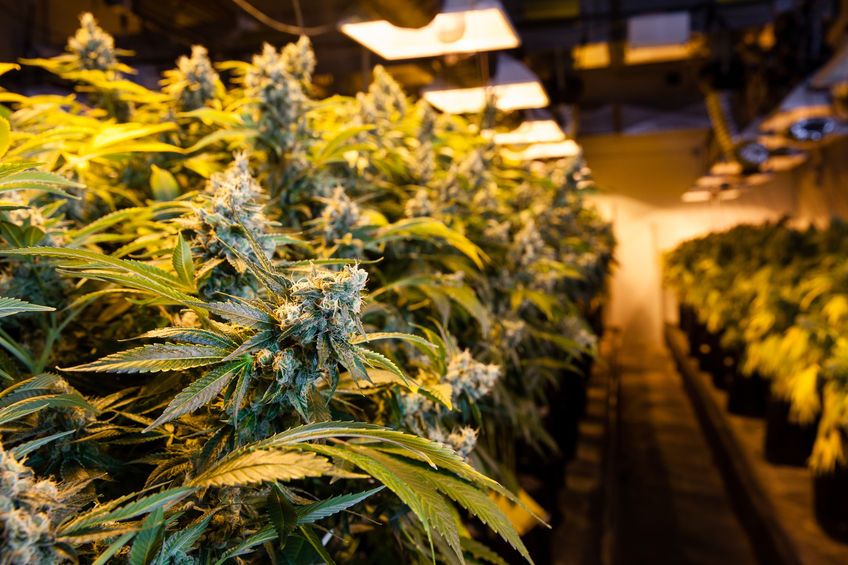
In the rush to keep up with the demands of growing markets, cannabis facility owners need to take a step back and ensure they have safety protocols in place. This is especially challenging for two reasons: 1) safety compliance is determined at the state level since cannabis remains federally illegal, and 2) “Most of the states where marijuana is legal offer no safety and health guidance for the new industry,” according to Politico. “The National Institute for Occupational Safety and Health, which researches work-related injury and illness, has conducted only two hazard evaluations of legal marijuana facilities, neither of which focused on the extraction of hash oil.”
“Even in those states that do offer safety and health
guidance — Colorado, California, Michigan, Oregon,
and Washington — fire safety officials complain that
worker safety protections are often inadequate.”
Still, business owners can educate themselves and their employees by engaging with their local fire department so that they are in step with fire code, permitting, and inspections.
Speaking of which…
Seek Permits and Inspections
Mark de Souza, CEO of Chicago-based Revolution Enterprises, recently warned of the pitfalls of the cannabis industry’s growth outpacing regulation. “I have long thought the best way to help Illinois citizens deal with this change is to ensure the industry grows in tandem with the state’s ability to regulate it,” he wrote in Crain’s Chicago Business. “And by ‘regulate it,’ I mean ensure that its use remains safe…Creating a new and unregulated market overnight—in a business that some citizens find unusual and scary—seems the easiest way to ensure its failure.”
An area related to this concern is acquiring the requisite permits and scheduling routine inspections to protect facilities. In the last year, the National Fire Protection Association (NFPA) updated its fire code to address these issues. Per Politico “The revised code requires any hazardous hash-oil extraction process to be performed in a non-combustible room, in a building that contains no child or health care facilities. Staff must be trained on safe operation of the extraction equipment, and the extraction room must be equipped with a gas detection system and multiple fire extinguishing systems.”
Utilize a Closed Loop System
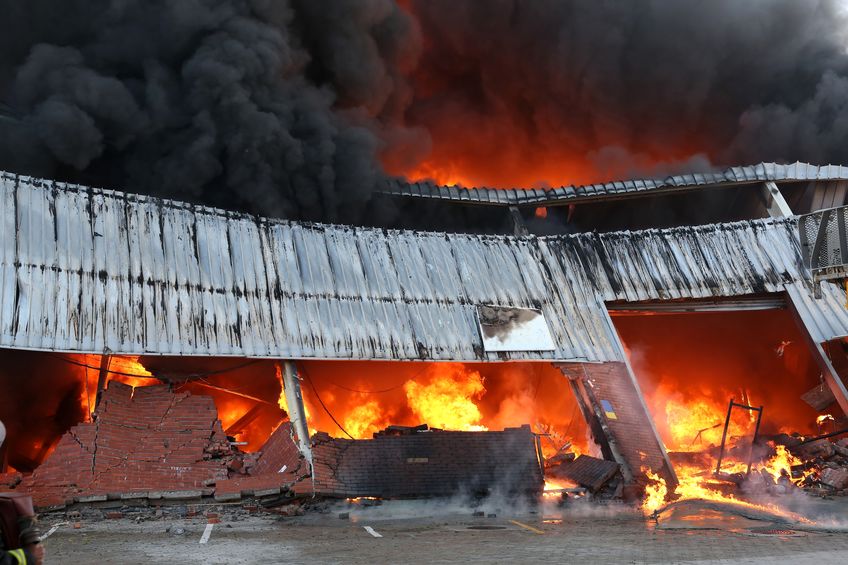
Cannabis or hash oil extraction via a closed loop system is the safest method. Compared to open blasting, which uses flammable solvents, closed loop systems contain these in extraction cylinders. Open blasting, dangerous as it is, is not uncommon and has resulted in devastating accidents. In June of last year, an extraction facility in Millcreek, Utah exploded, and two people experienced severe burn injuries in Sonoma County, California while extracting hash oil by open-blasting. Closed loop is only safe if strictly adhered to. Marijuana Venture advises following the manufactures’ instructions for equipment to a T and being vigilant about every detail, like routinely tightening bolts on extraction cylinders.
Don’t Do it Yourself
Some cannabis facility owners and operators skirt safety and compliance checks to be operational faster. In addition to obviously violating the law, this can create hazardous conditions, especially where electrical systems are concerned.
“Where necessary, hire a professional,” advises Marijuana Venture. “Building, fire and electrical codes must be followed. Don’t overload the electrical panel. Don’t steal power from a nearby building. Be careful with wall construction. Pay attention to door sizes. And perhaps most importantly, everything should be properly permitted.”
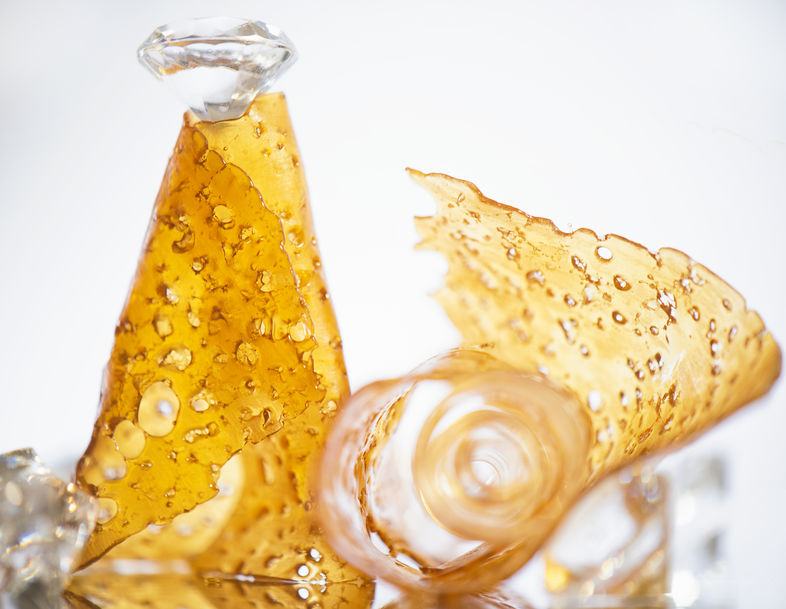
Recourse
Cannabis businesses are on notice and have suffered financial and legal consequences. California and New Mexico’s occupational safety and health agencies issued fines of $50,470 and $13,500, respectively, against a cannabis manufacturer and processor for explosions that occurred at their facilities. Felony charges were brought against an Oregon business owner whose employees sustained burn injuries following an incident.
In addition to NFPA’s increased efforts, labor groups in states considering cannabis legalization are advocating that labor peace provisions requiring marijuana processors to ease the path to unionization be incorporated into legislation. Other states like Rhode Island and Arizona are weighing making extraction against the law altogether. Either way, there are enough resources and education to mitigate the risks of fire at your cannabis facility.
How to Safeguard Your Cannabis Business from Cyber Threats
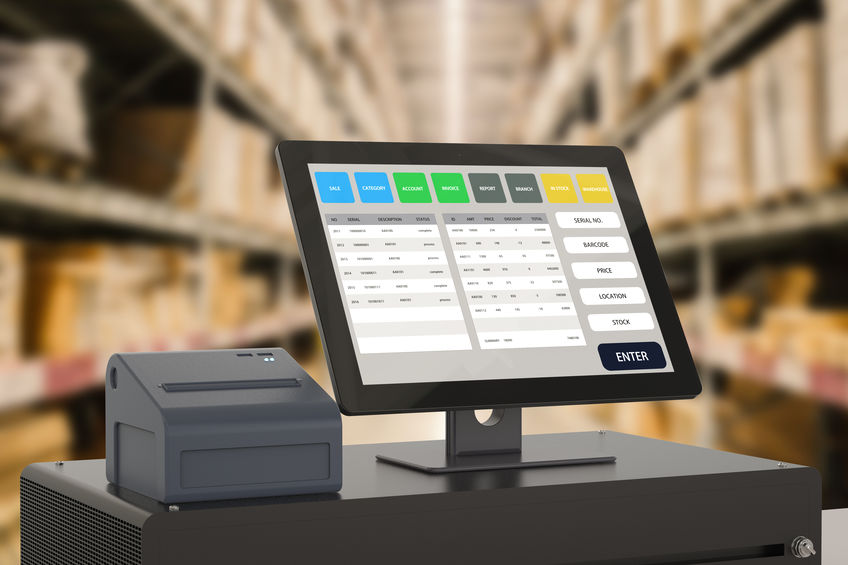 The cannabis industry had a banner year in 2018, highlighted by Canada becoming the second country to pass national legalization, the Farm Bill lifting restrictions on the commercial farming of hemp, and more states expanding their recreational and medical cannabis programs. Unfortunately, the intersection of innovation and growth has been tainted by cyber attacks. Notably, the Ontario Cannabis Store, an online retailer and wholesaler, and Denver-based software firm, MJ Freeway, experienced major data breaches. We’ve discussed security best practices for your dispensary, and now we examine how to safeguard your cannabis business from cyber threats.
The cannabis industry had a banner year in 2018, highlighted by Canada becoming the second country to pass national legalization, the Farm Bill lifting restrictions on the commercial farming of hemp, and more states expanding their recreational and medical cannabis programs. Unfortunately, the intersection of innovation and growth has been tainted by cyber attacks. Notably, the Ontario Cannabis Store, an online retailer and wholesaler, and Denver-based software firm, MJ Freeway, experienced major data breaches. We’ve discussed security best practices for your dispensary, and now we examine how to safeguard your cannabis business from cyber threats.
Have an Airtight Point of Sale System
The hardware and software combination that centralizes your business operations makes POS systems prime targets for hackers. The data stored in POS systems contain valuable and sensitive customer, employee, inventory, and operational information. Invest the time with your POS vendor to fully understand security coverage used to protect your data, their servers, and the privacy of your patients.
“There is an enormous incentive for hackers to target our young and immature industry…”
Ensure all Integrated Systems are Secure
While POS systems are one entry point for hackers and ransomware, so are the openings created by integrated systems. Cannabis businesses often use POS, Business Management, and Enterprise Resource Planning (ERP) systems together. It’s a best practice, but it also provides hackers with a low barrier of entry into your data. Protect vulnerable business data by sealing any security gaps during the integration process.
Hire an Independent Cyber Security Expert

Go all in by hiring a third party to ensure security across the board. If recent history is any indication, cannabis businesses will continue to be vulnerable to data breaches–leaking tax records, social security numbers and citizenship information–that can have devastating bottomline and reputational impacts. The right cyber security provider will not only ensure compliance, but also proactively protect your customers and investment.
Conclusion
Burgeoning cannabis businesses recognize that with great success comes great risk. In the race to ensure regulatory compliance and business growth and sustainability, protecting your operational data must be a top priority. Dr. Moe Afaneh, COO of BioTrackTHC, sums it up nicely: “Cannabis businesses are literally gold miners [sic] in the sense that their software data will define the future of this industry and their success. There is an enormous incentive for hackers to target our young and immature industry, which is why the last thing you want to do is make it easy for them.”
Green Wave: Cannabis is Midterm Elections Winner

While Democrats won back the House of Representatives and Republicans retained control of the Senate, there was a third winner that emerged from the midterm elections: cannabis. Four states voted on legalization and medical marijuana, and cannabis appeared on ballots in 22 cities and counties. Here are the results:
Michigan
Voters approved Proposal 1 by 56 – 44 percent to legalize, regulate, and tax cannabis for adult use. Michigan is now the 10th state to legalize cannabis for adults 21 and over, and it is the ninth state to establish a system for regulating commercial cultivation and sales for adult use. The new law, expected to be enacted this month, permits adults to possess, grow, and use small amounts of cannabis. Over the course of the next year, licensed businesses will be allowed to cultivate, process, and sell cannabis to consumers.
Missouri
Amendment 2 passed by a margin of 66 – 34 percent, making Missouri the 31st state to legalize medical cannabis. The new law allows physicians to approve patients to receive ID cards from the state, permitting them and their registered caregivers to grow up to six marijuana plants and purchase at least four ounces of cannabis from dispensaries on a monthly basis. Qualified patients and caregivers will have to until late 2019 or early 2020 before they can enter a dispensary and buy medical cannabis.
Two other measures failed: Amendment 3, which would have authorized doctors to recommend medical marijuana for a specific list of conditions, and would not have allowed home cultivation. Proposition C did not pass and would have taxed medical cannabis sales at two percent and allow recommendations for a specific list of conditions.
Utah
Proposition 2 passed by a margin of 53 – 47 percent and will go into effect on December 1, making Utah the 32nd state (after Missouri) to legalize cannabis for medicinal use. In its current form, the ballot measure allows qualified patients to purchase two ounces of medical cannabis or products containing 10 grams of cannabidiol or tetrahydrocannabinol from a dispensary during any two-week period. Patients who don’t live within 100 miles of a dispensary would be able to cultivate six cannabis plants at home and could designate caregivers to assist with the growing, obtaining and administration cannabis. Additionally, the state can issue licenses for cultivation, processing, testing, and dispensing businesses
There is a caveat: The Utah State Legislature plans to approve a compromise bill by sponsors of Proposition 2, opponents of the citizen ballot initiative, and political leaders.

North Dakota
Cannabis lost in North Dakota. Though a medical cannabis state, full legalization failed by a margin of 41 – 59 percent. One could point to the very loose restrictions included in the measure. For example, no set limit was proposed on the amount of cannabis that people could possess or cultivate. The state would permit production and sales but would have to create its own rules and regulations for the industry a legislative session down the road. The measure also called for automatically expunging convictions for marijuana offenses.
Local Level
Cannabis saw gains on the local level. In Ohio, voters passed local decriminalization initiatives in five of six cities. Voters in 16 counties and two cities in Wisconsin were asked non-binding, cannabis advisory questions. The results: At least 14 counties have approved cannabis advisory referendums in support of various legalization and decriminalization policies.
Check out our other 2018 election post New Governors See a Bright Future for Cannabis.
